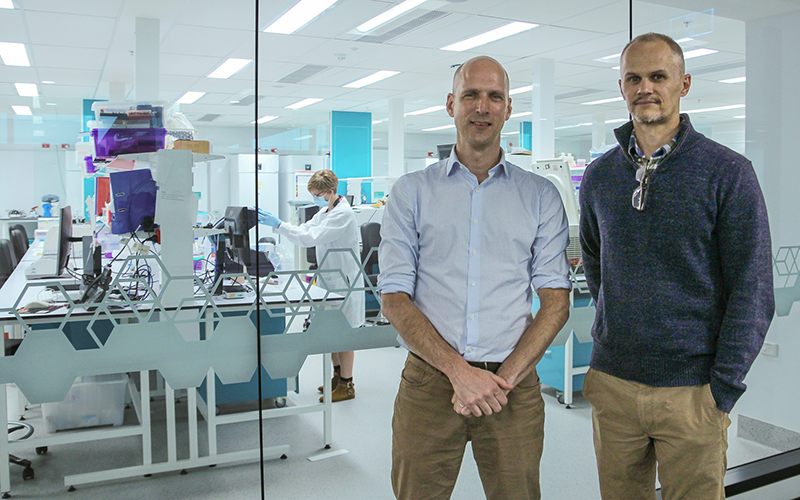Search
Asha John Jonathan Marianne Bowen Jacky Carapetis AM Mullane BA MBBS DCH FRACP PhD GAICD FAHMS OAM AM MBBS FRACP FAFPHM PhD FAHMS BSc (OT) Head,
Asha John Jonathan Marianne Bowen Jacky Carapetis AM Mullane BA MBBS DCH FRACP PhD GAICD FAHMS OAM AM MBBS FRACP FAFPHM PhD FAHMS BSc (OT) Head,
Christopher Asha Blyth Bowen MBBS (Hons) DCH FRACP FRCPA PhD BA MBBS DCH FRACP PhD GAICD FAHMS OAM Centre Head, Wesfarmers Centre of Vaccines and

Setonix Pharmaceuticals aim to develop orally available immunotherapy drugs that are optimally effective with minimal side effects, improving outcomes for cancer patients.
Jonathan Rosemary Carapetis AM Wyber AM MBBS FRACP FAFPHM PhD FAHMS MBChB MPH FRACGP PhD Executive Director; Co-Head, Strep A Translation; Co-Founder
.
Some studies indicate siblings of transgender (trans) and gender diverse young people often experience negative mental health impacts such as anxiety and depression due to complicated familial, individual and social factors associated with having a trans sibling.
Skin disease has several serious complications including heart and kidney disease.
The Skin Health Situational Analysis was conducted in 2017 with and for stakeholders in the Kimberley region as a precursor to the SToP Trial to highlight all that was already known prior to commencement in 2018. It was completed to be a resource for communities in the Kimberley who would like to de
There are an estimated 5000 episodes per year of bloodstream infections due to Staphylococcus aureus (golden staph) in Australia and an associated mortality of 20%. Despite this, there is little clinical trials evidence to guide best management.
